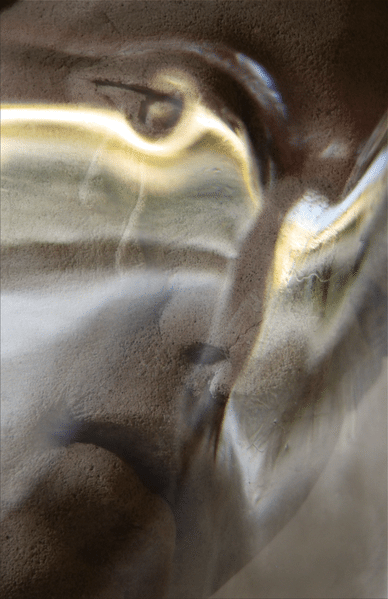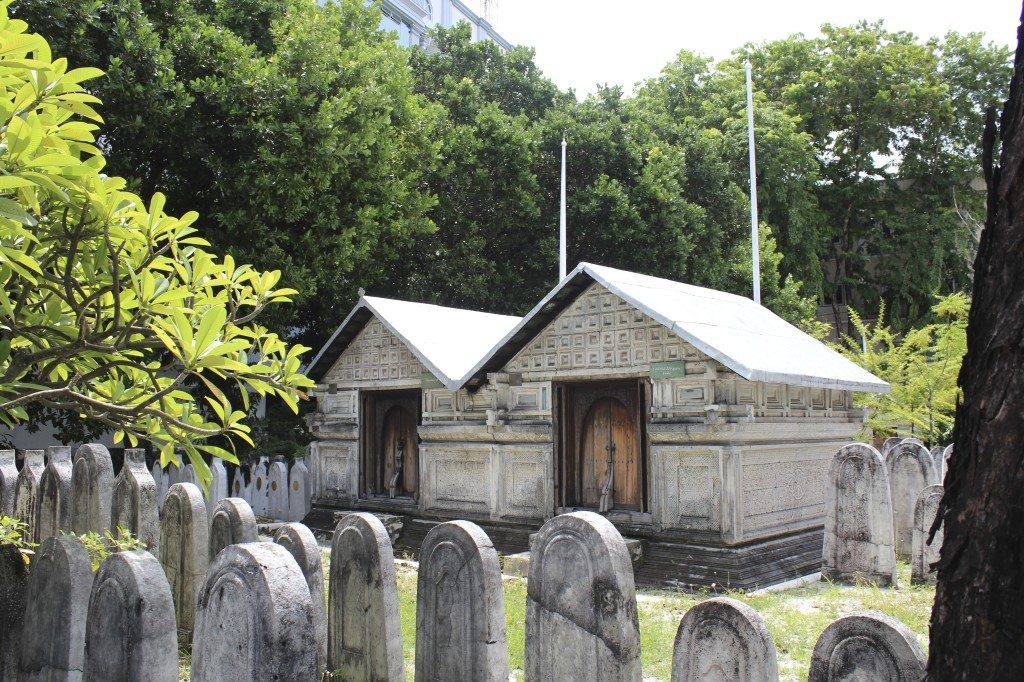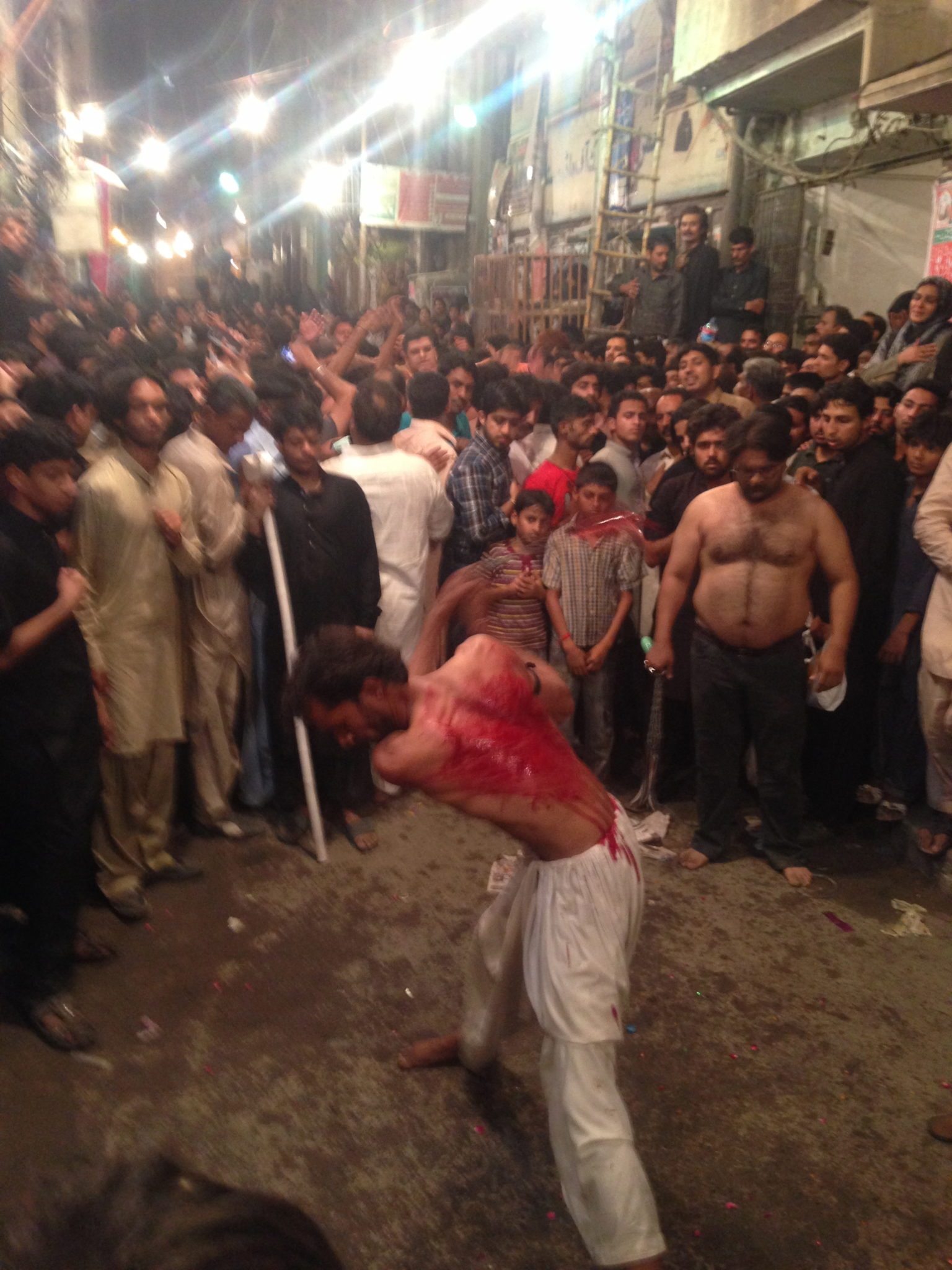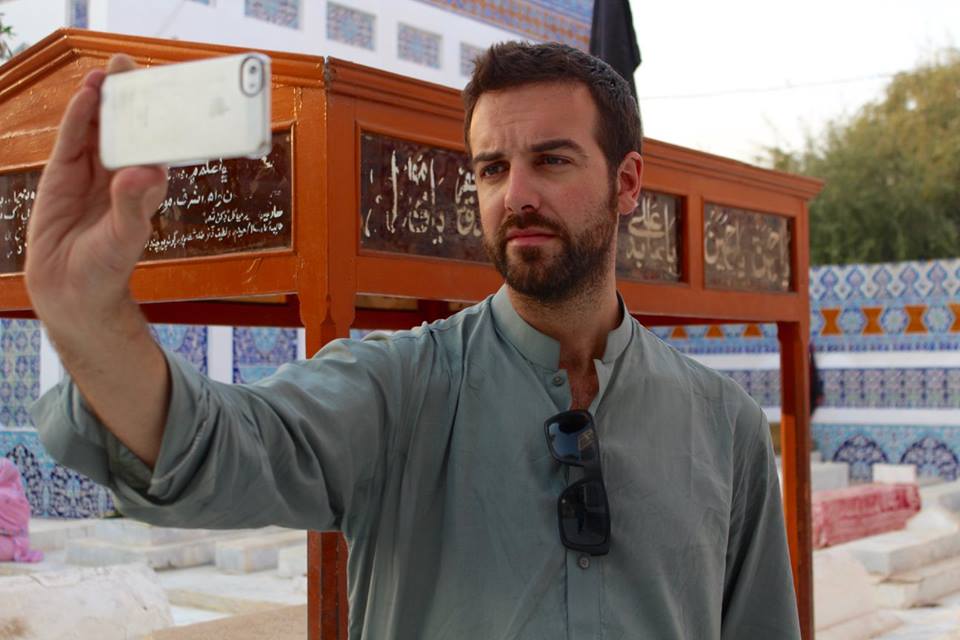It has now been two weeks since I left home for the country that keeps calling me back. In the two weeks since then, the emotional roller coaster has been tumultuous, and I know that there is much more dipping and climbing to come. The sense that I have felt since leaving can best be described as grief; the underlying sense of loss, sometimes seen in a happy, trance-like state when once is lost to one’s thoughts, sometimes seen in the acute, wretched sobbing of knowing that a piece of one’s life is missing.

(Image: Vassil, Wikimedia Commons)
Grief is a strange, socially complex phenomenon. In life we are afflicted with different kinds of grief; we grieve for a loved one who is no more, we mourn the loss of a material possession which might have had sentimental value. We grieve for tragedy, such as man-made catastrophe or natural disaster, for the loss of justice, or for the recognition of past calamities. We mourn on anniversaries, these strange bumps in the road of life which provide a direct window to the past. We mourn the passing of happy periods in life, of innocence lost, of physical or spiritual transformation. We even mourn the end of struggle, for struggle can be so sweet.

Graveyard in Malé, Maldives
All this grief must be dealt with in one way or another, yet many humans know so little about how to deal with it. Societies which don’t recognise or emphasise grief tend to experience all manner of unhealthy psycho-sociological characteristics. I can’t help but wonder if this is the result of suppressing such acute and important emotions, and then how they are manifested in more socially-acceptable (but not necessarily healthy) actions.
Paradoxically much of society spends so much time categorising grief, both our own and others, in an apparent effort to maintain the status quo, and to make sense of such a raw, encompassing human emotion. Love and grief are two expressions of the same emotion, yet love is celebrated, whereas grief is shunned in much of the western world. Public crying is seen as as a unusual; speaking about loss incurs the label of being “miserable”; heartbreak and longing are sanctioned into the realms of the acceptable and unacceptable. Prolonged or extreme expressions of grief are usually met with incomprehension, an attempt by friends and family to suppress one’s pain, or at worst (but unfortunately frequently) a sentiment that one is being indulgent and is not entitled to one’s natural emotions. The suppression of grief after losing a pet is one such example; shut down by a society which tells us “it’s just a dog”. Painful or bloody grief rituals are often dismissed as “overemotional” or “irrational”.

This mourner whips his back with chains in an expression of grief. Religious arguments aside, how many of us have actually tried to understand his grief?
The grief which we face when forced to uproot our lives, no matter how planned that move is, is one that I am currently facing. The move from one’s home to a foreign land is never easy, but when one feels deeply unappreciated, uncomfortable, unwelcome and unloved in that new land, it poisons every emotion with an underlying sense of insult and revulsion. That I am so content in my present home makes the journey so much more bitter.
The worst part is is knowing that I won’t be allowed to grieve; “you’ve had a wonderful holiday since you left!” “you’ll go back!” “you’ll meet your friends and family here” will all be used said, implicitly stating that I should somehow be happy about having left home, and that my grief is somehow unjustified or overindulgent. But how can I be happy, when I am internally mourning the life I have left? I don’t want to change, to forget the life that I have had, and I don’t want to be forgotten by the place that I now call home. To be happy in the new land; is it a betrayal of my happiness where I once was? Does it betray the people in my life who have brought me so much happiness? Not only am I unhappy, but until I go home I don’t want to be happy – because that will mean I’ve moved on, and forgotten.
Sometimes I let me thoughts carry me away, and for a couple of beautiful minutes I am back in Lahore. Sometimes I wake with a smile on my face and a feeling of contentment inside; I might not remember the dream, but I know what it was about. Sometimes I want dress in a shalwar kameez; intrinsically, I feel that I am paying my dues to home. Sometimes I’m restless, seeing or hearing about what my friends are doing in my absence, my heart seems to throb right out of my chest, one step ahead of my feet which are so depressingly grounded. Sometimes it feels like every fibre of my being is rejecting the place where I find myself; tears well up and emerge either silently or violently to create an hazy pool made of personal reflections, but which does not reflect even the daylight.

Away with my thoughts while on holiday
Grief is as natural as love, and we are wrong to celebrate one but shun the other. “You’ve got so much to look forward to!” “Lots of people have it worse off than you” “First world problems”; no-one would brush off grief in such a way if it was a loved one that had been lost, because grief over a dead relative is socially acceptable. Surely we can extend our mandate for sadness to other losses as well. People need their own time to “get over” things, and it is not for others to judge whether that time is justified or appropriate.
In times of loss, we grieve. We need to and I want to – deeply and shamelessly.
La Hawla Wa La Quwwata illa Billah





Beautiful, Tim. I think it’s the complexity of the emotions which makes it difficult to process. I can only say, keep writing and keep expressing your love and your loss. Weave it all together into a unique tapestry you can admire as your life. One which is not reduced to platitudes or stereotypes of love and joy and grief, as others may wish to define you, but one which is as intricate as the experiences you’ve lived. You’re already doing it…
Thank you for taking the time to read it, and for understanding it in your own way 🙂 It really means a lot, and it really has so much to do with the healing process too <3
I don’t remember if I read somewhere, heard from someone or even if it came to my mind, but “Pain is necessarily not a bad thing”. Feeling pain and being able to express it means we are alive.
What a newborn does? He/she cries first.
That is so true, and we spend so much of our lives trying to escape it, but I think when we feel it, we need to express it. You make an excellent point by saying that a newborn cries first – that’s how we know that they are breathing. Very poignant.